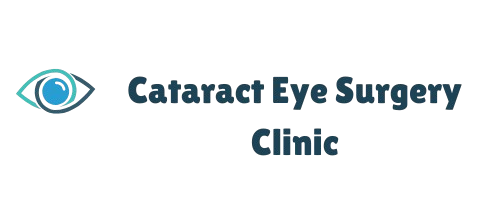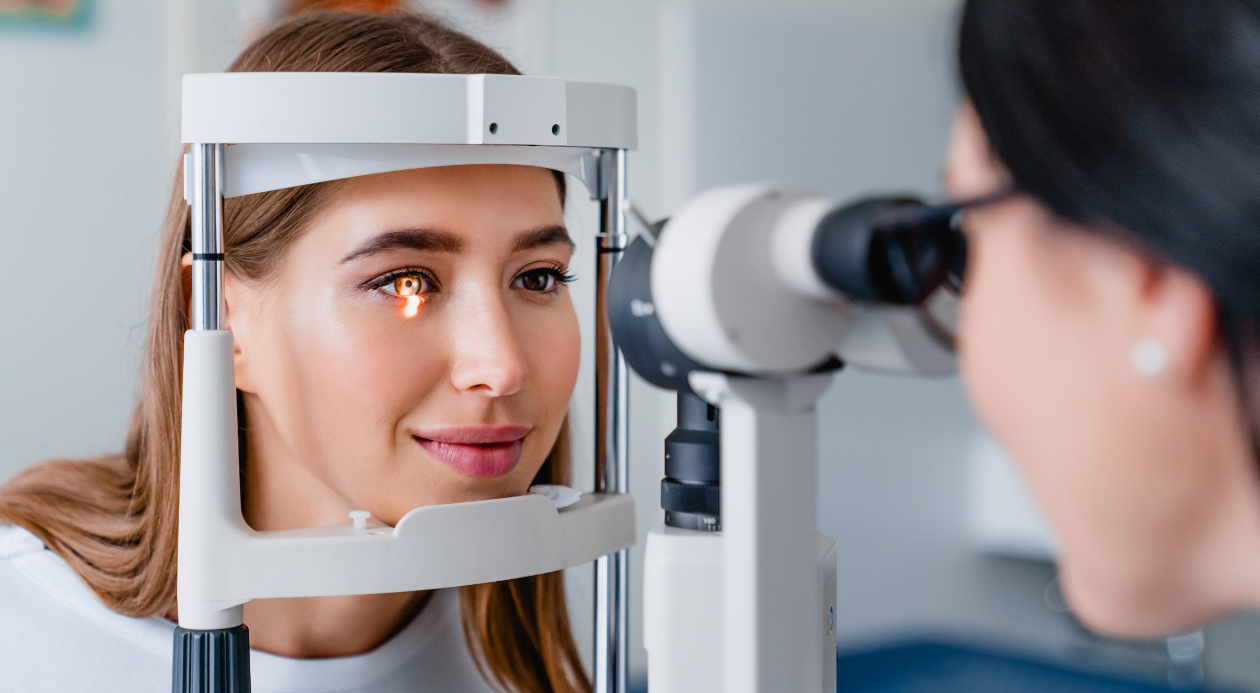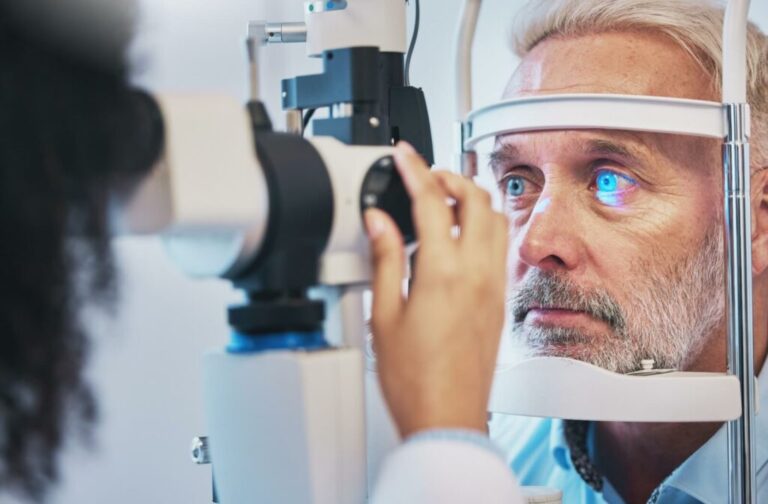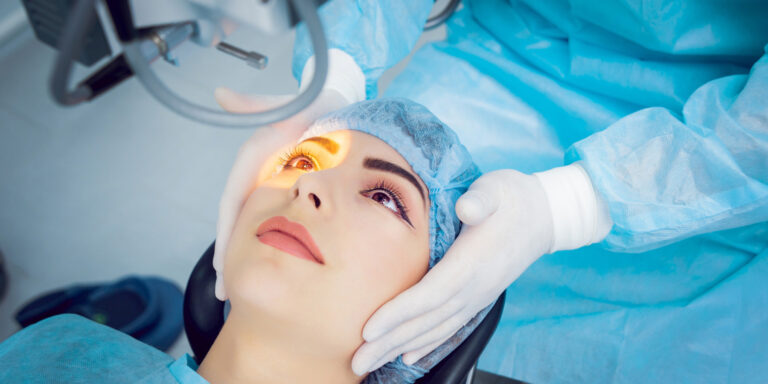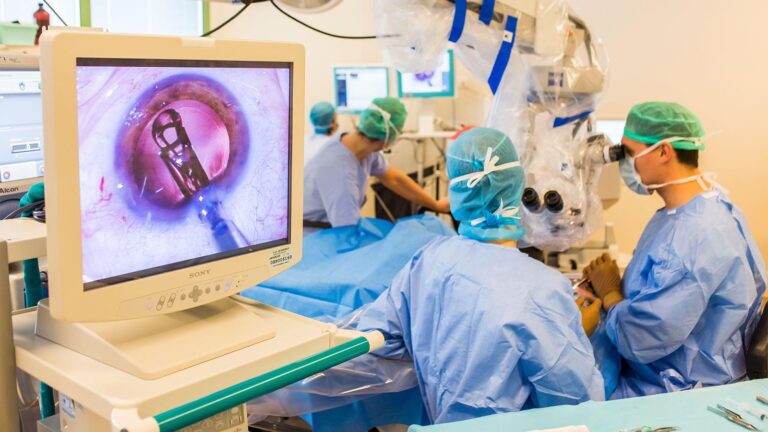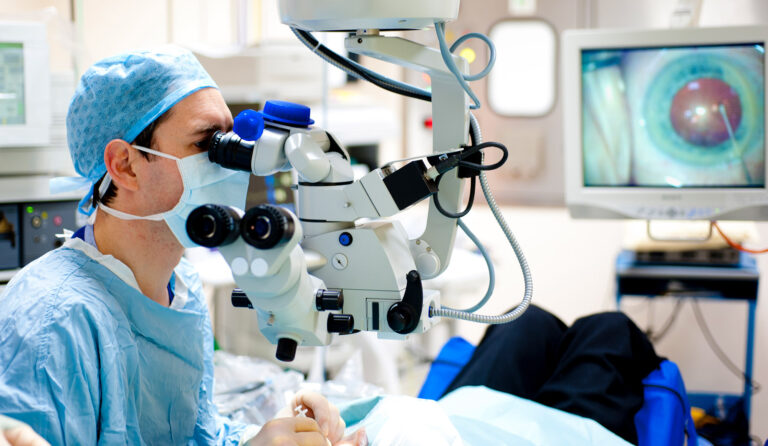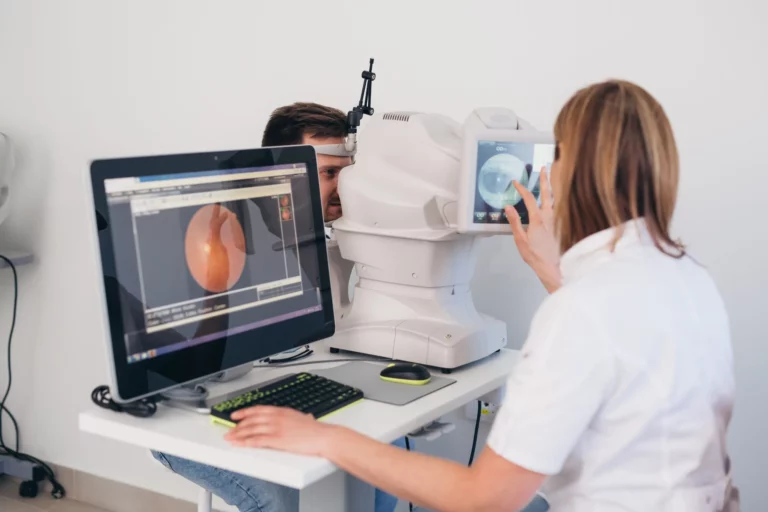Introduction
Imagine waking up and seeing the world clearly without fumbling for your glasses or putting in contact lenses. That’s the everyday reality for millions who have chosen laser eye surgery. Whether it’s for convenience, lifestyle, or long-term savings, more people than ever are turning to procedures like LASIK to correct their vision.
As we move through 2025, laser eye surgery has evolved with cutting-edge technology and greater precision than ever before. But beyond the tech, it’s about what this surgery brings to people’s lives—freedom, clarity, and confidence.
If you’re curious about how the latest laser eye procedures work, whether you’re a good candidate, or what life feels like after surgery—this guide breaks it down simply and clearly.
Why It’s More Than Convenience
Freedom from Frames and Lenses
One of the biggest reasons people consider laser eye surgery is the chance to ditch glasses and contacts. While glasses can be stylish, they’re also easy to forget, break, or fog up when you least expect it. And contact lenses? They can dry out, get lost, and sometimes make your eyes feel like sandpaper.
With laser correction, you’re freeing yourself from the daily routine and all the little frustrations that come with relying on external tools to see clearly.
Confidence in Every Step
Whether it’s applying makeup without smudging lenses, jumping into the pool without worrying about losing a contact, or just being able to fall asleep without removing anything—laser eye surgery simplifies daily life in ways you may not realize until afterward.
People often report increased confidence, especially in social or active settings. A 30-year-old fitness instructor said, “After LASIK, I felt more like myself. No more glasses slipping down my nose mid-workout.”
Savings Over Time
While laser eye surgery can feel expensive up front, it’s often more affordable long-term. Consider the annual cost of:
- Prescription glasses and replacements
- Prescription and cosmetic contact lenses
- Contact lens solution and accessories
- Routine eye exams and prescription updates
Over 10–15 years, those costs easily add up. Many patients say the surgery pays for itself within just a few years—and that’s not even counting the emotional value of hassle-free vision.
Life Improvements After Surgery
Waking Up to Clarity
Picture this: You open your eyes in the morning, and instead of reaching for glasses, you see your surroundings clearly. No blur, no guesswork, just clarity.
That’s a common and cherished moment for post-surgery patients. Whether it’s spotting your phone on the nightstand or watching the rain without droplets distorting your glasses, small improvements make a big impact.
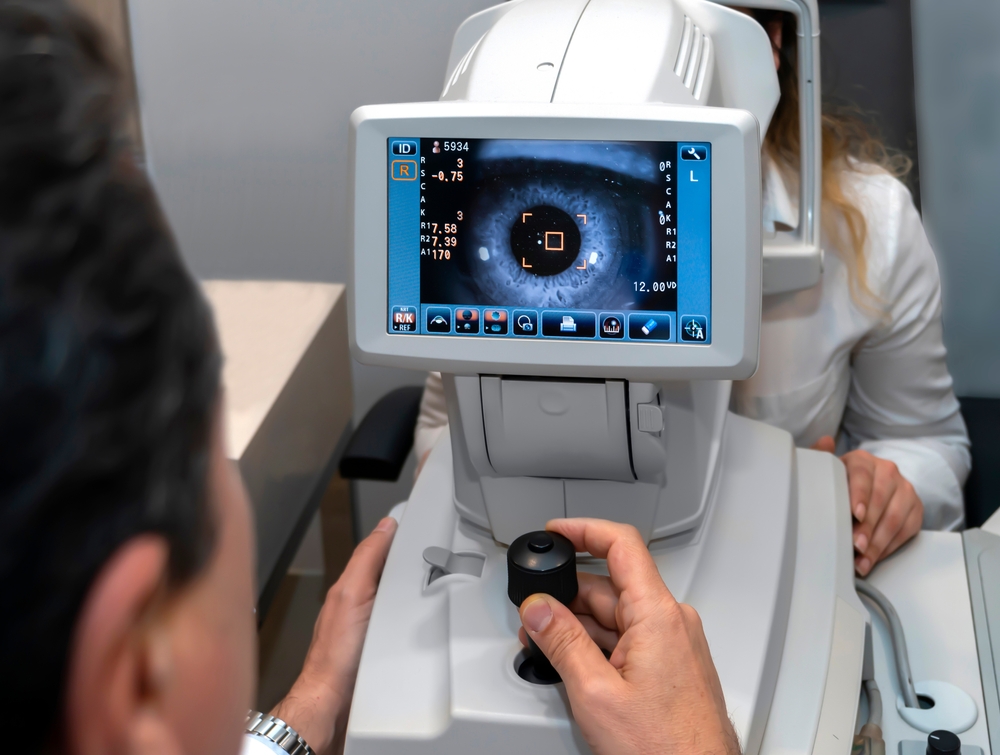
Peace of Mind
Not having to worry about forgetting your glasses while traveling, keeping extra contact lenses on hand, or squinting at the menu in a dim restaurant brings a sense of calm and control. Many also report less eye strain, fewer headaches, and more energy during the day.
Understanding the Technology & Safety
How It Works, Simply Explained
At its core, laser eye surgery reshapes the cornea—the clear front layer of the eye—so that light focuses properly on your retina. Think of it like adjusting the lens on a camera to get a sharper picture.
The most popular method is LASIK, where a tiny flap is created in the cornea, the inner layer is reshaped with a laser, and the flap is placed back like a natural bandage. The whole process usually takes less than 30 minutes for both eyes.
New Tech in 2025
In 2025, the tools used are more advanced than ever. Procedures now include:
- Wavefront-guided LASIK – Tailors the treatment to the unique shape of your eye.
- SMILE (Small Incision Lenticule Extraction) – A flapless alternative with faster recovery.
- Topography-guided treatments – Adjust vision with ultra-precise maps of your cornea.
These technologies improve accuracy and lower the risk of complications, making outcomes even more reliable.
Safety First
Laser eye surgery is one of the most studied elective procedures in the world. With success rates around 96% and serious complications being extremely rare, it’s safer than many people assume.
Still, not everyone is a candidate. That’s why the consultation phase is so important—it ensures that your eyes are healthy, your prescription is stable, and the outcome is likely to meet your expectations.
When It Makes Sense to Consider Surgery
Ideal Age and Conditions
Most people who benefit from laser eye surgery are in their 20s to 40s. This age range usually comes with stable vision and fewer age-related eye conditions.
Common issues corrected include:
- Nearsightedness (myopia) – Blurry distance vision
- Farsightedness (hyperopia) – Blurry close-up vision
- Astigmatism – Distorted or wavy vision at any distance
If you’ve had a stable prescription for at least a year and your eyes are healthy, you might be a great candidate.
Lifestyle Readiness
Some people choose to get surgery before big life events—traveling, getting married, or starting a new job. The earlier you do it, the more years you’ll enjoy the results. And since healing typically happens quickly (often within a few days), it’s easier to fit into a busy life than you might think.
Risks and Considerations
What You Should Know
No surgery is completely risk-free. Some patients may experience:
- Dry eyes (temporary for most)
- Light sensitivity or glare at night
- Slight under- or over-correction (which can sometimes be fine-tuned later)
The good news? With today’s advanced screening and technology, these side effects are less common and often short-lived.
That said, open communication with a qualified eye surgeon is key. A good surgeon will not just say “yes” to everyone—they’ll walk you through the pros, cons, and whether this decision makes sense for your unique situation.
Conclusion: Invest in Clear Vision
Laser eye surgery is more than a modern convenience—it’s a long-term investment in how you live, work, and enjoy life. Whether it’s the joy of waking up and seeing clearly, or the freedom to live without frames, it’s about more than just what’s in front of your eyes—it’s about how you experience the world.
If you’ve been thinking about laser eye surgery, now is a great time to take that first step. Ask questions. Meet with a specialist. And consider how much clearer your future could be—literally and figuratively.
